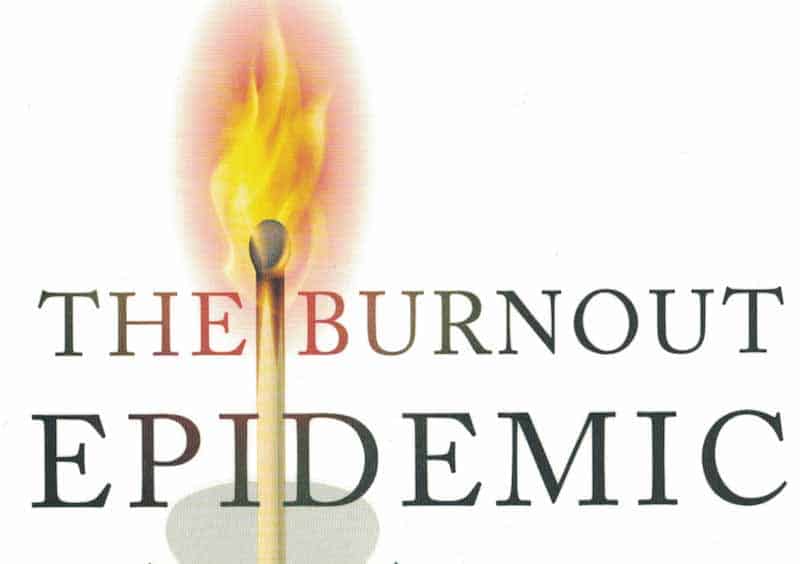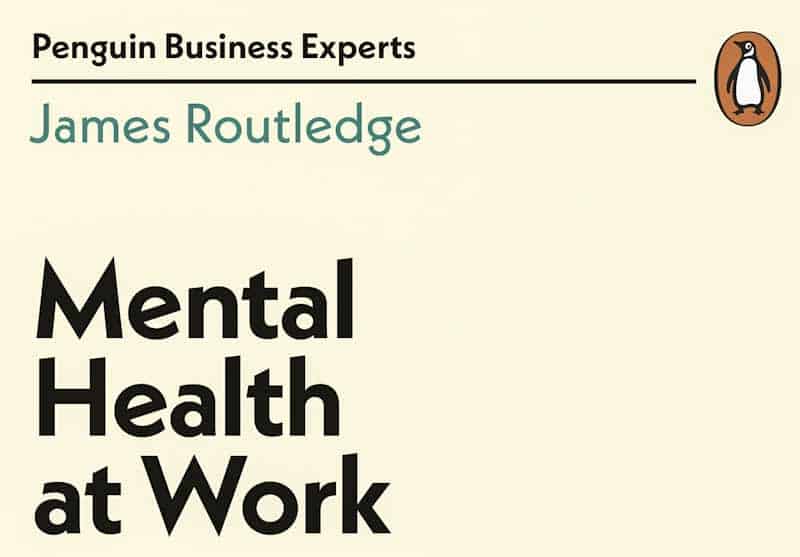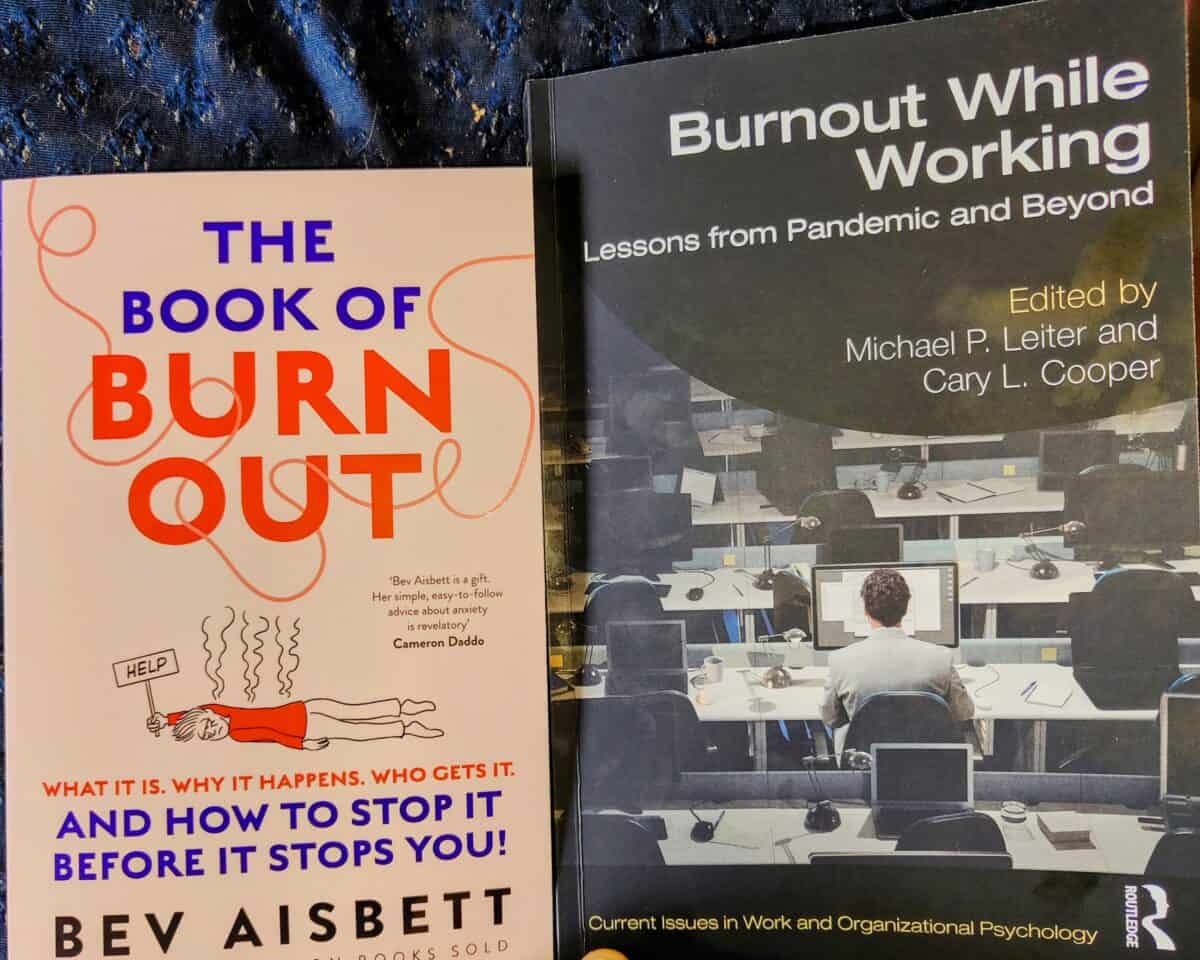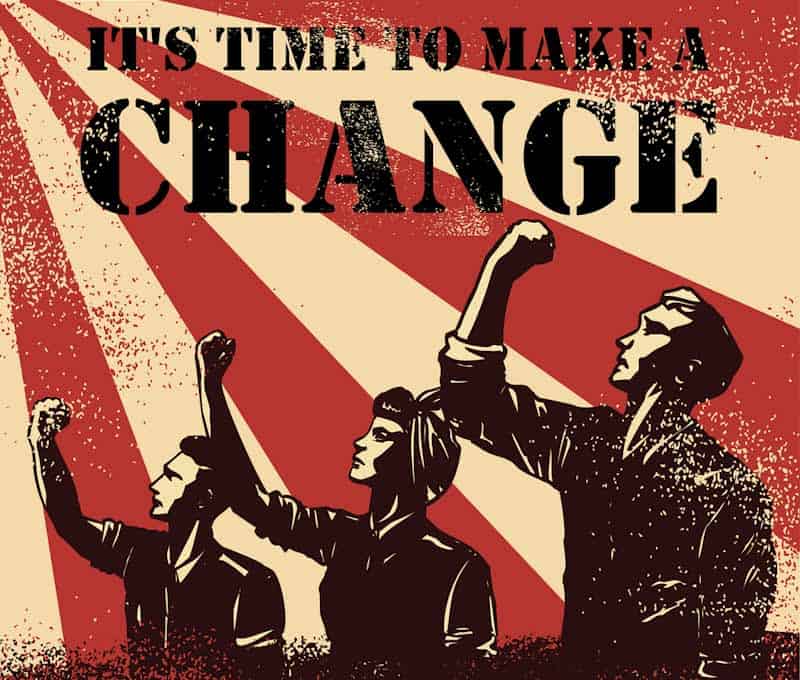Julian Baggini is a philosopher less well-known in Australia than in the United Kingdom but his writings can add to some of the current discussions about occupational health and safety (OHS) and business ethics.
In his 2010 book, Complaint, he analyses our grievance culture and how complaints can and should result in positive outcomes. OHS often seems to run on complaints and to understand how to respond to complaints, it is necessary to understand who is responsible for that response and why.


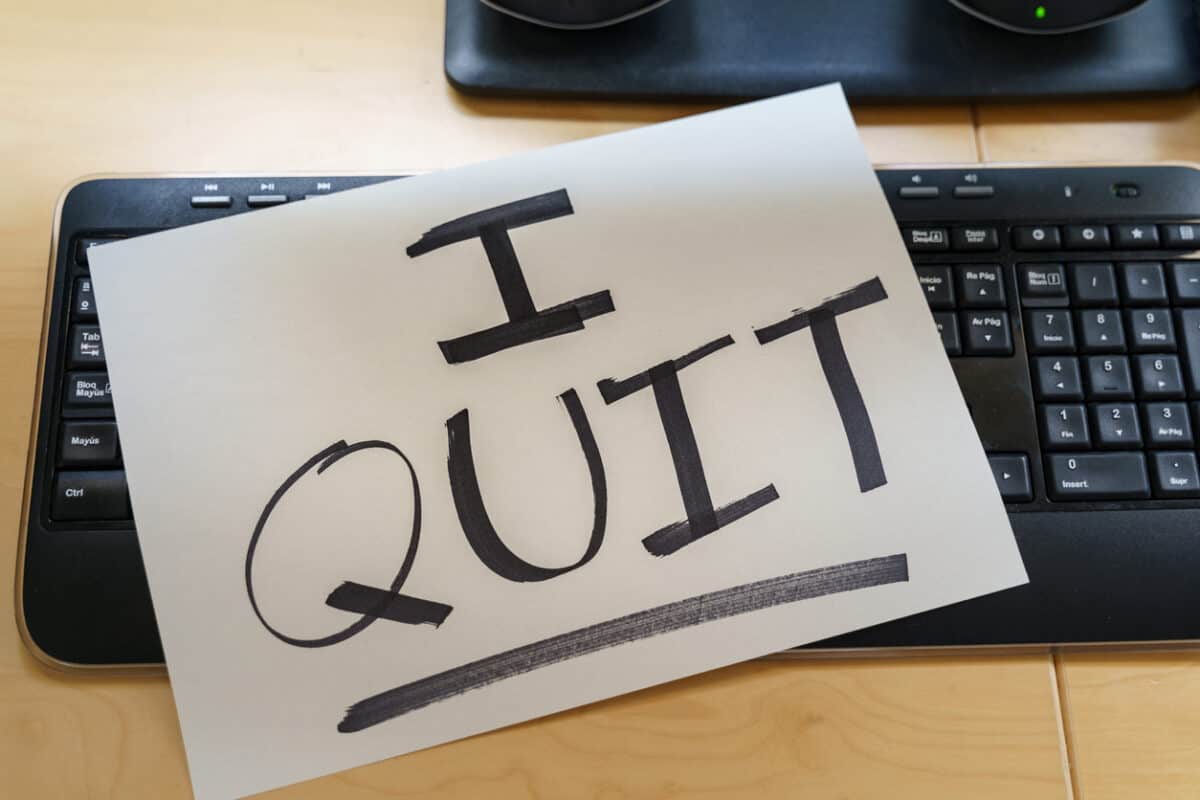
![Industrial Manslaughter laws are spreading in Australia but are inconsistent [Open Access]](https://safetyatworkblog.com/wp-content/uploads/2023/02/cover-of-journal_of_work_vol1_no1_edited.jpg)
